Iran at the nuclear crossroads
Officials 'openly threatening' to build nuclear bomb, as watchdog finds large increase in enriched uranium stockpile
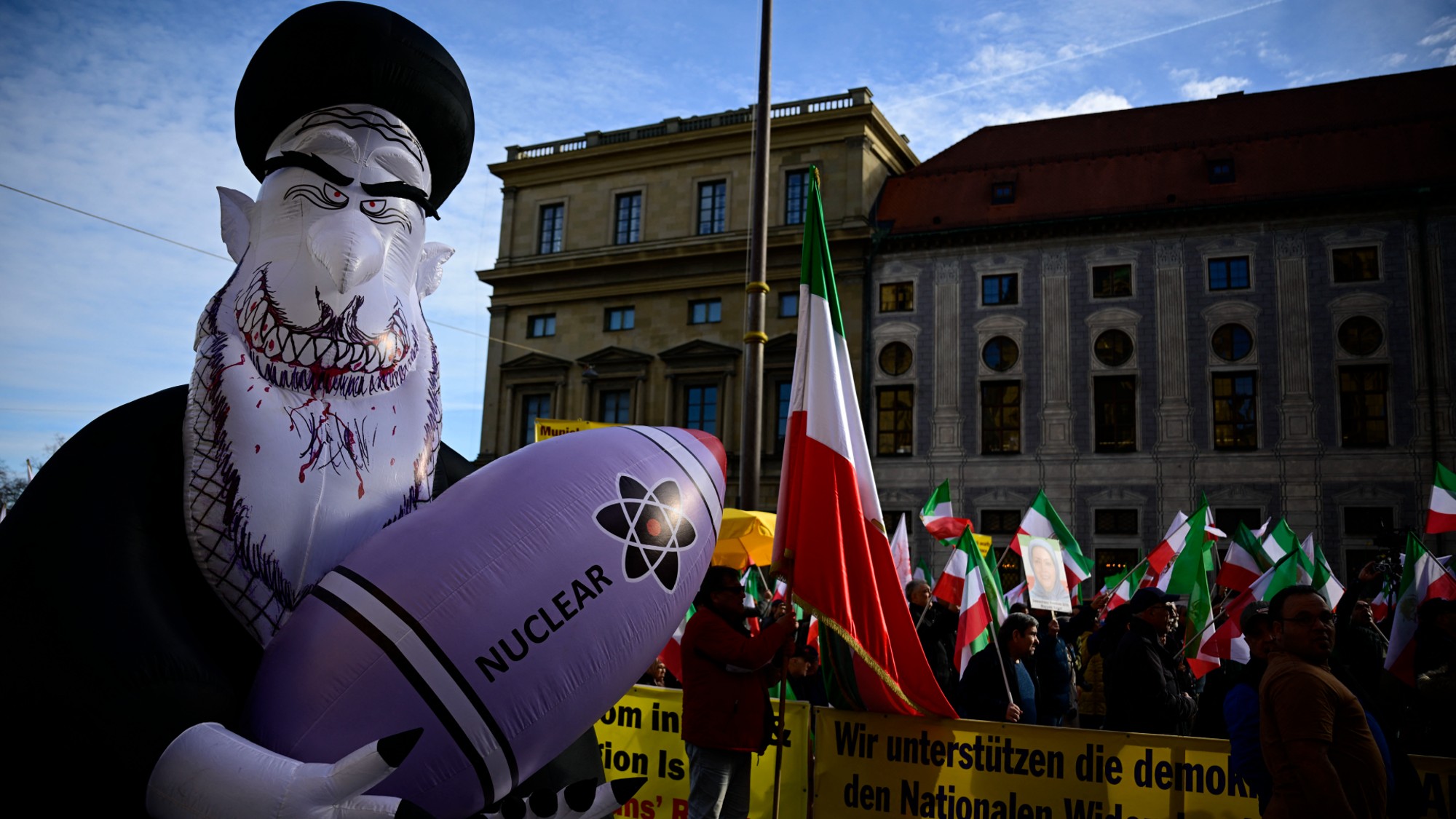
A free daily email with the biggest news stories of the day – and the best features from TheWeek.com
You are now subscribed
Your newsletter sign-up was successful
Iran has again increased its stockpile of uranium enriched to near weapons-grade levels, according to a confidential report by the United Nations nuclear watchdog.
The Islamic Republic now possesses 142.1kg uranium enriched up to 60% purity, the International Atomic Energy Agency (IAEA) said in a document seen by The Associated Press. That's an increase of 20.6kg since the last report in February.
Uranium enriched to 60% is "just a short, technical step away from weapons-grade levels of 90%", said AP News. Only about 42kg of uranium enriched to 60% is needed to create an atomic weapon, if the material is further enriched to 90%. IAEA chief Rafael Mariano Grossi has warned that Tehran has enough uranium enriched to near-weapons-grade levels to make "several" bombs.
The Week
Escape your echo chamber. Get the facts behind the news, plus analysis from multiple perspectives.

Sign up for The Week's Free Newsletters
From our morning news briefing to a weekly Good News Newsletter, get the best of The Week delivered directly to your inbox.
From our morning news briefing to a weekly Good News Newsletter, get the best of The Week delivered directly to your inbox.
But after direct conflict broke out for the first time with long-time foe Israel against the backdrop of the Gaza war, the Biden administration is "pressing European allies to back off plans to rebuke Iran for advances in its nuclear program", said The Wall Street Journal. The US is aiming to lower tensions with Iran, which it fears could become more unpredictable after the death of its president Ebrahim Raisi in a helicopter crash last week.
What's the state of Iran's nuclear program?
Iran was one of the original signatories of the 1970 Non-Proliferation Treaty (NPT), the most important global agreement on nuclear weapons. In 2003, after the American invasion of Iraq, a fatwa by Supreme Leader Ayatollah Khamenei declared nuclear weapons to be "forbidden under Islam" and decreed that the Republic would never acquire them.
But the second Bush administration's "unrealistic insistence" that Iran agreed to "zero enrichment" of uranium turned it into "a matter of national pride", said The New York Times.
During the Obama years, the regime kept enriching uranium and "adding to its stockpile", wrote John Ghazvinian, director of the Middle East Center at the University of Pennsylvania.
A free daily email with the biggest news stories of the day – and the best features from TheWeek.com
The Joint Comprehensive Plan of Action on nuclear weapons was negotiated in 2015, based on regulations established by the NPT. This lifted some sanctions against Tehran in exchange for strict limits on its nuclear activities.
However, Donald Trump unilaterally withdrew the US from the deal in 2018 and subsequently "campaigned on maximum pressure" on Tehran, which only "added to Iran's defiance".
The Biden administration has tried unsuccessfully to revive the deal, while Iran has "quickly stepped up enrichment", said AP News. Last September, it barred IAEA inspectors from monitoring its program.
Iran is now "not far off" being nuclear-armed, said The Washington Post in April. A senior Iranian lawmaker and former military commander warned then that Iran could enrich uranium to the 90% threshold in "half a day, or let's say, one week". Estimates of how long Iran would need to turn that enriched uranium into nuclear weapons "vary between months and about a year", said Reuters.
Is Iran capable of building nuclear weapons?
The outbreak of direct conflict with Israel – a country with an "undeclared but widely acknowledged nuclear arsenal" and military superiority – has "provoked a change of tone in Tehran" on weaponisation, said Ghazvinian.
The Republic had agreed to hold negotiations with the IAEA on 20 May – but those meetings "fell apart" after the helicopter crash that killed Raisi on 19 May, said AP News. But in a "sharp departure" from the nation's long-term policy, Iran's leading officials are now "openly threatening to build and test a nuclear bomb", said The Atlantic.
Raisi's death has "dramatically shifted the landscape", said Ghazvinian. It has "created an opportunity" for the hard-liners who are "far less allergic to the idea of going nuclear than the regime has been for decades".
The war in Gaza, a possible change of US president in November and a "domestic power vacuum" in Iran after the death of Raisi, the assumed successor to the supreme leader, could create "a brief window in which Iran could pull out all the stops", said Ghazvinian, and "surprise the world by testing a nuclear device".
The country's thousands of advanced centrifuges and its large stockpile of enriched uranium has led some to adopt a "might as well" argument. "If we've already come this far, the argument goes, then why not just go for a bomb?"
Harriet Marsden is a senior staff writer and podcast panellist for The Week, covering world news and writing the weekly Global Digest newsletter. Before joining the site in 2023, she was a freelance journalist for seven years, working for The Guardian, The Times and The Independent among others, and regularly appearing on radio shows. In 2021, she was awarded the “journalist-at-large” fellowship by the Local Trust charity, and spent a year travelling independently to some of England’s most deprived areas to write about community activism. She has a master’s in international journalism from City University, and has also worked in Bolivia, Colombia and Spain.
-
 How the FCC’s ‘equal time’ rule works
How the FCC’s ‘equal time’ rule worksIn the Spotlight The law is at the heart of the Colbert-CBS conflict
-
 What is the endgame in the DHS shutdown?
What is the endgame in the DHS shutdown?Today’s Big Question Democrats want to rein in ICE’s immigration crackdown
-
 ‘Poor time management isn’t just an inconvenience’
‘Poor time management isn’t just an inconvenience’Instant Opinion Opinion, comment and editorials of the day
-
 What is ‘Arctic Sentry’ and will it deter Russia and China?
What is ‘Arctic Sentry’ and will it deter Russia and China?Today’s Big Question Nato considers joint operation and intelligence sharing in Arctic region, in face of Trump’s threats to seize Greenland for ‘protection’
-
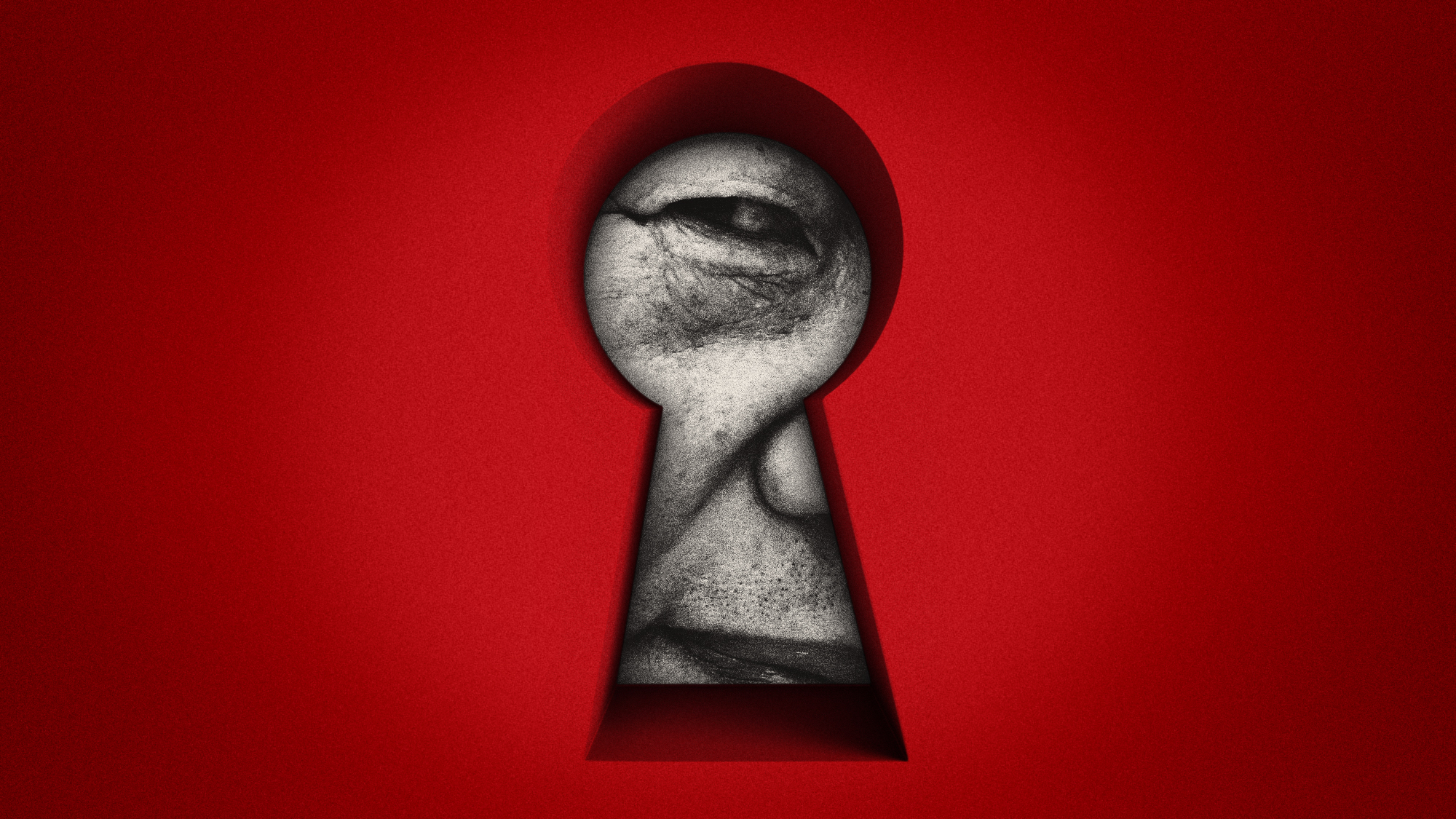 Is the Chinese embassy a national security risk?
Is the Chinese embassy a national security risk?Today’s Big Question Keir Starmer set to approve London super-complex, despite objections from MPs and security experts
-
 New START: the final US-Russia nuclear treaty about to expire
New START: the final US-Russia nuclear treaty about to expireThe Explainer The last agreement between Washington and Moscow expires within weeks
-
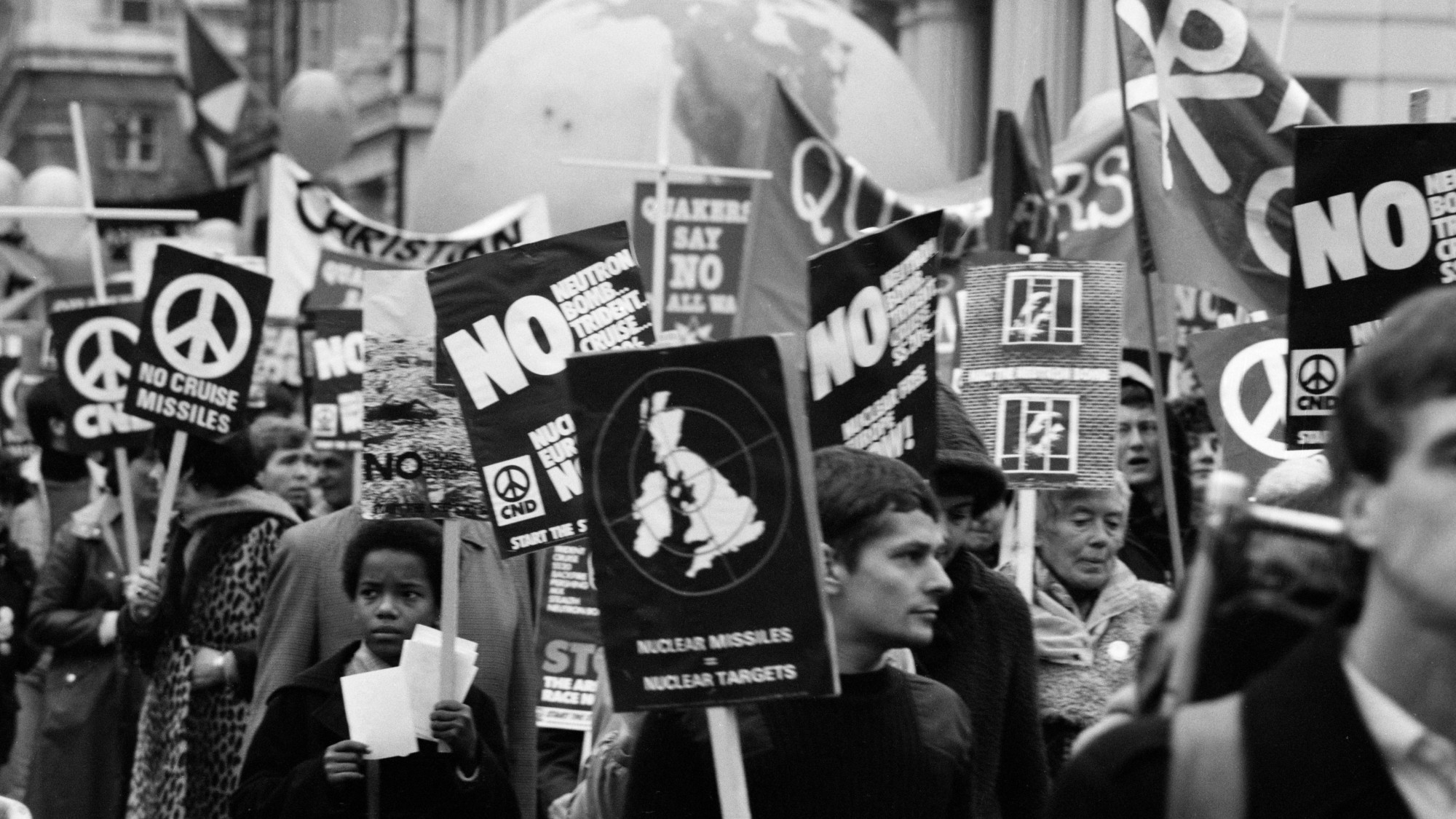 The history of US nuclear weapons on UK soil
The history of US nuclear weapons on UK soilThe Explainer Arrangement has led to protests and dangerous mishaps
-
 Vladimir Putin’s ‘nuclear tsunami’ missile
Vladimir Putin’s ‘nuclear tsunami’ missileThe Explainer Russian president has boasted that there is no way to intercept the new weapon
-
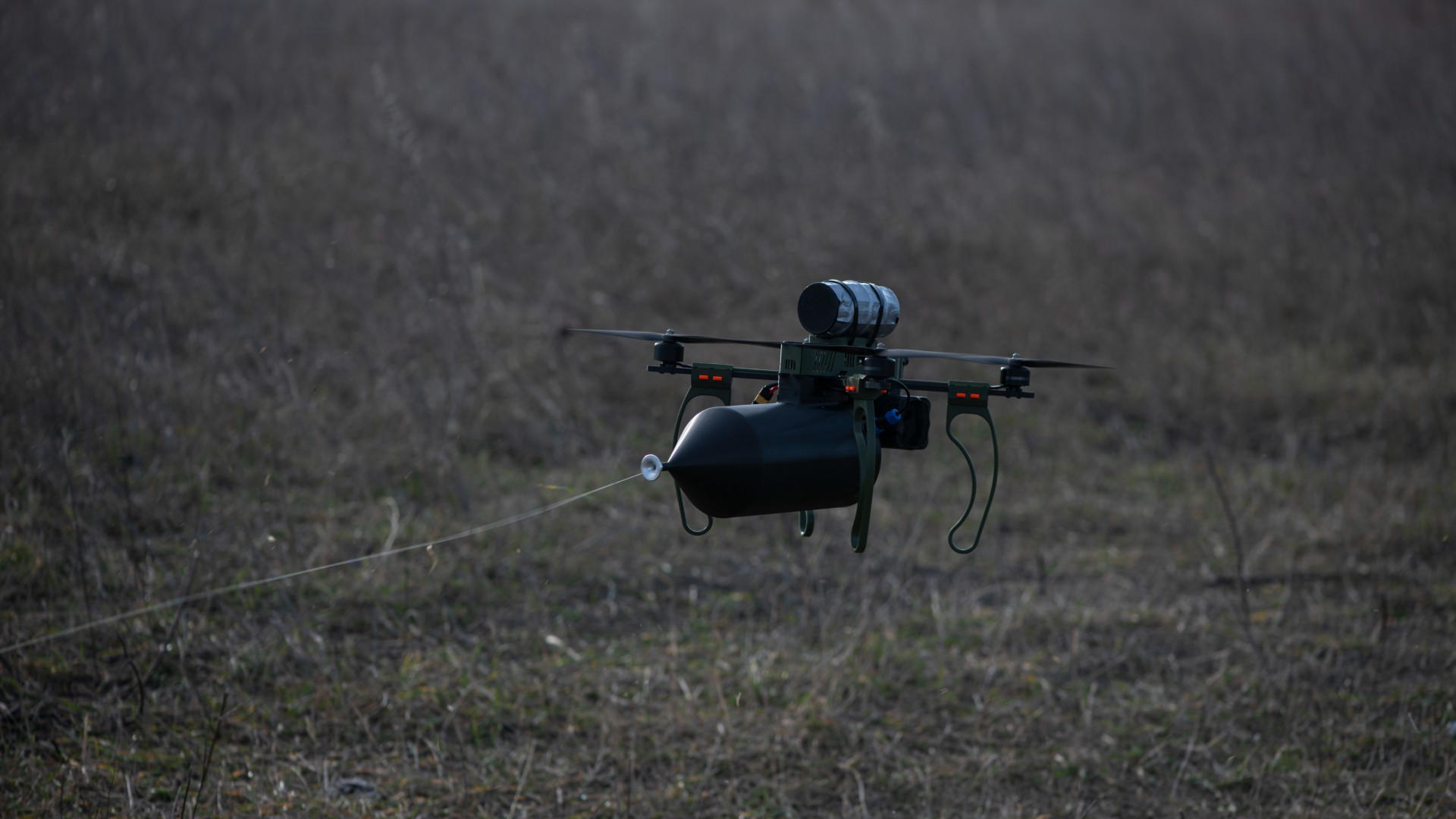 How drone warfare works
How drone warfare worksThe Explainer From Ukraine to Iran, it has become clear that unmanned aircraft are rapidly revolutionising modern warfare
-
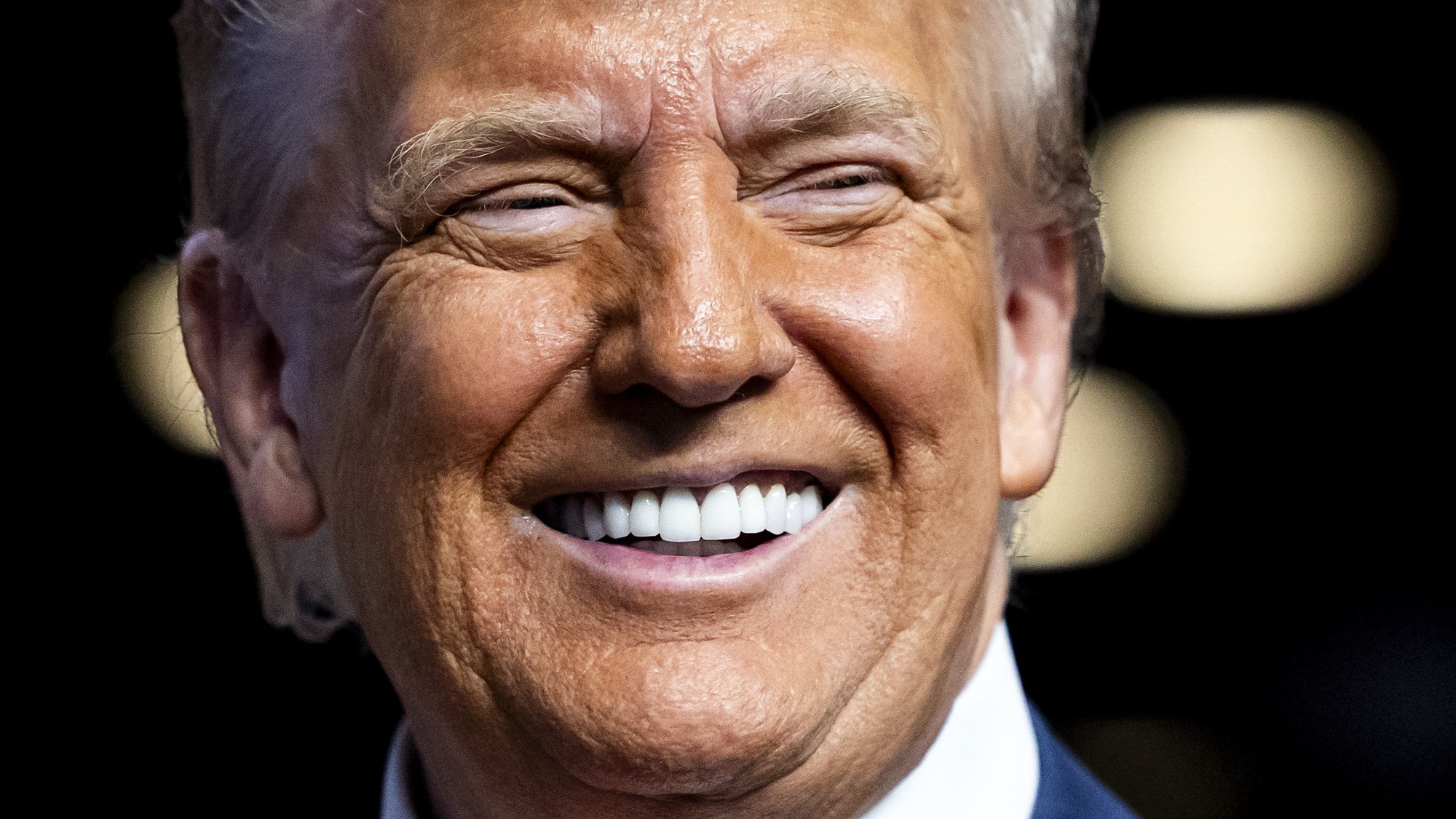 How long can Nato keep Donald Trump happy?
How long can Nato keep Donald Trump happy?Today's Big Question Military alliance pulls out all the stops to woo US president on his peacemaker victory lap
-
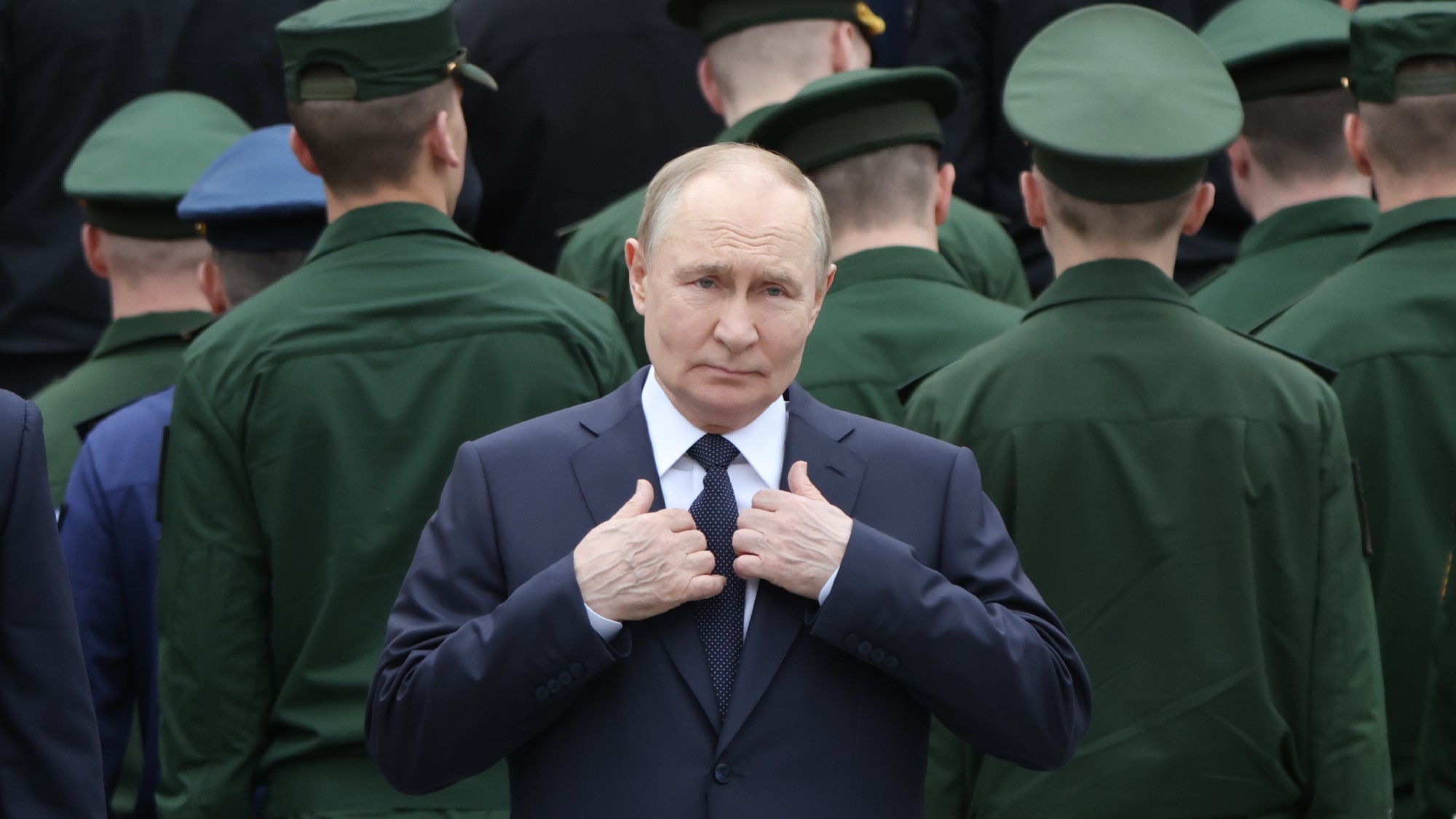 How far would Russia go for Iran?
How far would Russia go for Iran?Today's Big Question US air strikes represent an 'embarrassment, provocation and opportunity' all rolled into one for Vladimir Putin